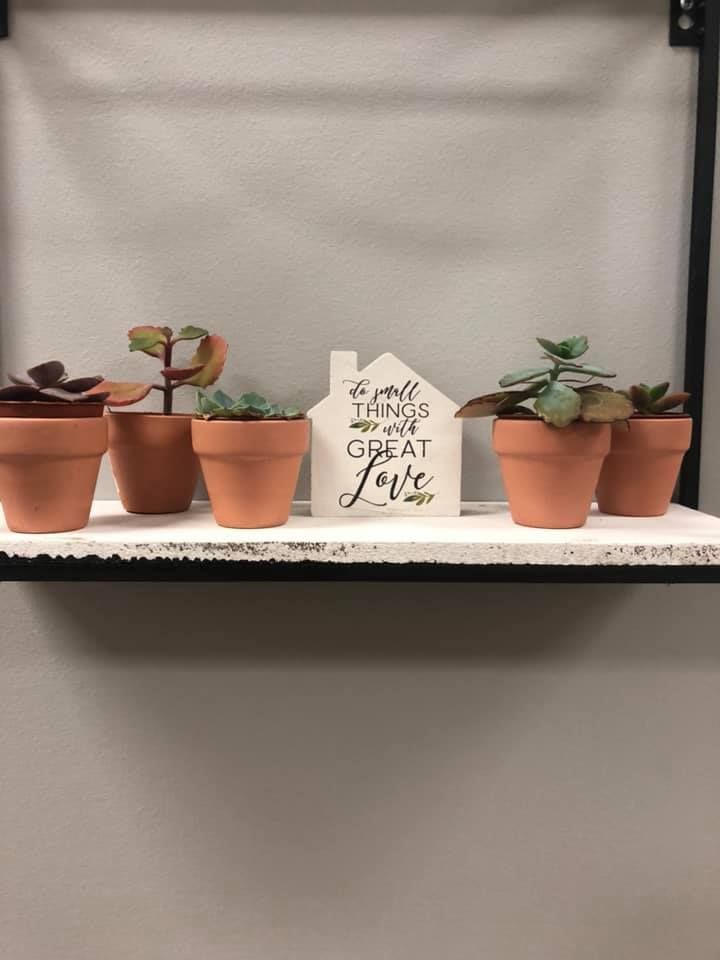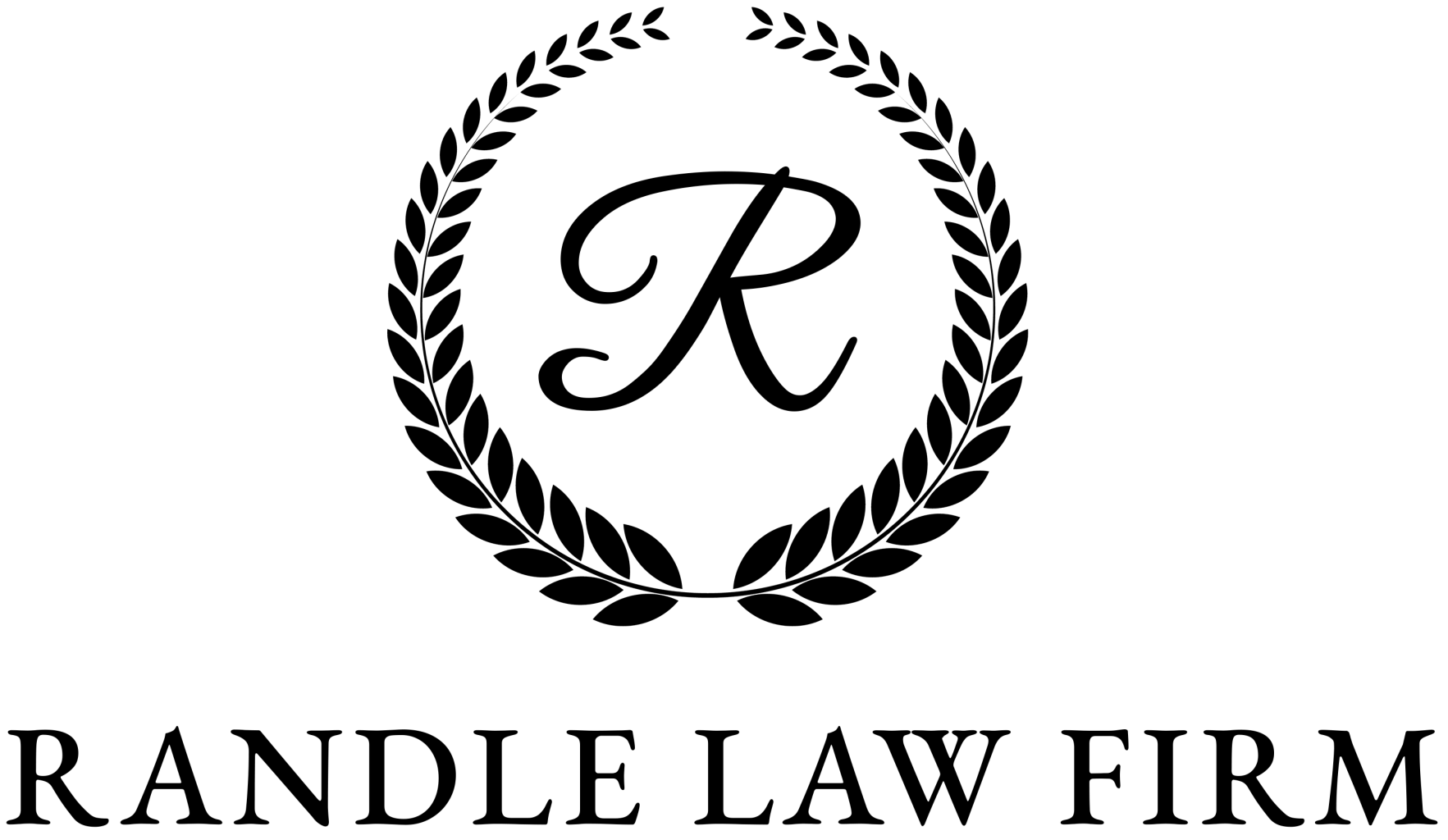Location:
8898 Old Lee Hwy
Suite 106
Ooltewah, TN 37363
Email: april@aprilrandlelaw.com
Phone: 423-521-8000
Fax: 423-521-8001
Building Credit
Building Credit
While it’s great to avoid having unnecessary loans, sometimes it is unavoidable when looking to buy a car or home. Getting a loan when you need it can be a hassle if your credit is poor. Conversely, the process of getting loans, credit cards, and even a job can be much easier based on a strong credit score. But what is the secret to reaching a good credit score? Establishing and building credit is a process, and a good score is something that is earned. You do not have to be rich to have solid credit; there are steps you can take right now to start improving your score.
Those who are young or who have never borrowed will often find it difficult to get a loan from lenders. Lenders look at your credit history to determine whether or not they should lend you the money you request. If you do not have a credit history, then the lender cannot determine if you are good for paying back the money. If you do not have sufficient credit history, then you need to take the time to build your credit…and it will take time. Building credit is not for the impatient.
One thing you can do is to get a secured credit card from your bank or credit union. Even a credit card with a small credit limit will still help you build credit. Use this credit card to pay for things like gasoline or groceries. Be sure to pay off these charges with the money you would normally use for such purchases. Doing this repeatedly will show credit bureaus that you are smart with your money and consistently pay off your debts.
Having a car payment is a great way of establishing credit. Use a co-signer (one with good credit) when applying for your first loan. This will increase the chances of you receiving the loan, and it will give you the opportunity to establish your own credit by making the monthly payments. However, if the loan falls onto your co-signer due to your inability to make the payments then your credit score will suffer in addition to making life for your co-signer more difficult. Be responsible.
Use different types of loans. Now, this doesn’t mean that you borrow money for the sake of borrowing money. It means that you wisely take out different loans that you can pay off, like a car loan and a student loan. Retailer loans and credit cards can also be beneficial, but it is always important to be smart about the amount of loans you acquire. Only take on what you can afford. You will destroy your credit with more loans than you can pay off.
Having a good credit score will not only facilitate your chances of getting larger loans when needed, it will also help you receive the lowest interest rate possible. Just because your application for a loan was approved does not mean that you have good credit. Lenders will often charge you higher interest rates if you have a lower credit score. Having a lower score can also keep you from getting your dream job. Yes, even some employers consider an applicant’s credit history when deciding on whom they hire.
So, be smart with your money and start building credit the smart way. When you take on a loan, that loan has now become a major priority in your budget. You may have to make sacrifices such as not eating out as much or taking fewer vacations, but if you pay your monthly payments consistently and on time, then that will reflect in your credit score and make your life a lot easier.




I definitely recommend Mrs. Randle for your needs requiring an attorney.
-Tasha L.
MashIt
Extremely kind, straight forward and helpful. Looking forward to working with her and her law firm.
-Rebekah C.
FabuFit
Friendly, confidential, personalized service, and exceptional rates make April's firm an excellent choice for your legal needs 10/10!
-D. W.
YesSuits-

Awesome people to work with! Go above and beyond. Very responsive and very efficient.
- Chris
Button 
April and her staff are wonderful. When we needed some help with our business and understanding the laws in regards to business she was amazing and helped us so much!
-Marcie
Button-

April is too real to be a lawyer.
-Danny
Button 

Slide title
 Button
Button Button
Button Button
Button
Communications Preferences
If you are new to our office, please use our initial contact email link to schedule an appointment or request information.
Active Clients - Feel free to use the Client Portal for secure texting, messaging, appointment requests and document or information upload/review. You may also contact us by email.
In Person Office Visits - By Appointment Only
8898 Old Lee Hwy
Suite 106
Ooltewah, TN 37363
Law Office of April Randle, PLLC. All Rights Reserved.










